- Free schools for IDP children in Arakan State struggle to stay open amid funding shortfall
- Female-headed IDP households in Ponnagyun Twsp struggle as commodity prices surge
- Min Aung Hlaing likely to take State Counsellor role in post-election government formation: Analysts
- Hindus express hope for educational reform under AA administration
- Arakanese zat pwe performers struggle to survive as conflict halts traditional shows
Food prices skyrocket across Arakan State
The prices of food items and consumer goods have increased anywhere from three- to ninefold in Arakan State as the state is facing food shortages as a result of an ongoing junta blockade of roads and waterways.
19 Dec 2023
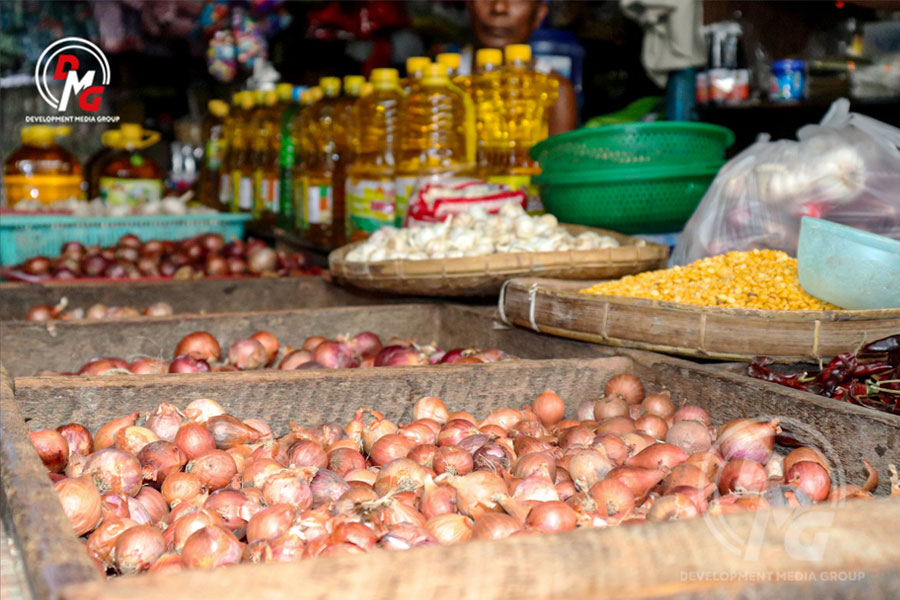
DMG Newsroom
19 December 2023, Sittwe
The prices of food items and consumer goods have increased anywhere from three- to ninefold in Arakan State as the state is facing food shortages as a result of an ongoing junta blockade of roads and waterways.
Before renewed fighting began last month, the price of Paw Hsan Hmwe rice was 120,000 kyats per sack; cooking oil was 7,000 kyats per litre; salt was 500 kyats per viss; onion was 4,000 kyats per viss; garlic was 7,000 kyats per viss; dried pepper was 20,000 kyats per viss; 92 Ron octane petrol was 3,500 kyats per litre and 95 Ron octane was 4,000 kyats per litre.
The price has Paw Hsan Hmwe rice has since jumped to 165,000 kyats per sack; cooking oil price has reached 22,000 kyats per litre; salt is 4,000 kyats per viss; onion is 30,000 kyats per viss; garlic is 35,000 kyats per viss; dried pepper is 70,000 kyats per viss; 92 Ron octane is 32,000 kyats per litre and 95 Ron octane is 35,000 kyats per litre.
“We have never heard of such prices before. People cannot help each other. People are struggling even to take care of their families. We are going to starve if it continues like this for long,” said Daw Sein Nu from Lay Nyin Taung Village in Mrauk-U Township.
The regime has imposed its blockade since renewed fighting broke out in Arakan State on November 13. It has also restricted humanitarian operations by international aid agencies and local charities.
Meanwhile, the regime has been conducting deliberate arson attacks, worsening the food shortages facing Arakan State residents.
“Business owners, merchants and shopkeepers should not exploit the situation for their own profits while people are having troubles,” said a young Arakanese man.
Daily wage earners have been going hungry due to exorbitant prices. “Jobs are scarce, and prices have soared. Our family has had to skip meals. We get a job; we are only paid 5,000 kyats for a day. That money is not enough even to buy eight cans of rice,” said daily wage earner Daw Aye Khin Nyunt from Set Yone Su Ward in Sittwe town.
Critics of Myanmar’s military regime have accused it of applying its notorious “four cuts” strategy against the Arakan Army (AA), attempting to starve the ethnic armed group of food, funds, recruits and information. Human rights activists have condemned the regime for targeting the civilian population.
“The military council is only giving troubles to the people, which will only attract ire from the people. Things will not happen as they have planned,” said a social activist from Rathedaung Township.
Hostilities between the Myanmar military and the AA continue to escalate and the zone of active conflict continues to expand. Political and military analysts have suggested that the ongoing fighting may be the final and decisive battle for control of Arakan State.




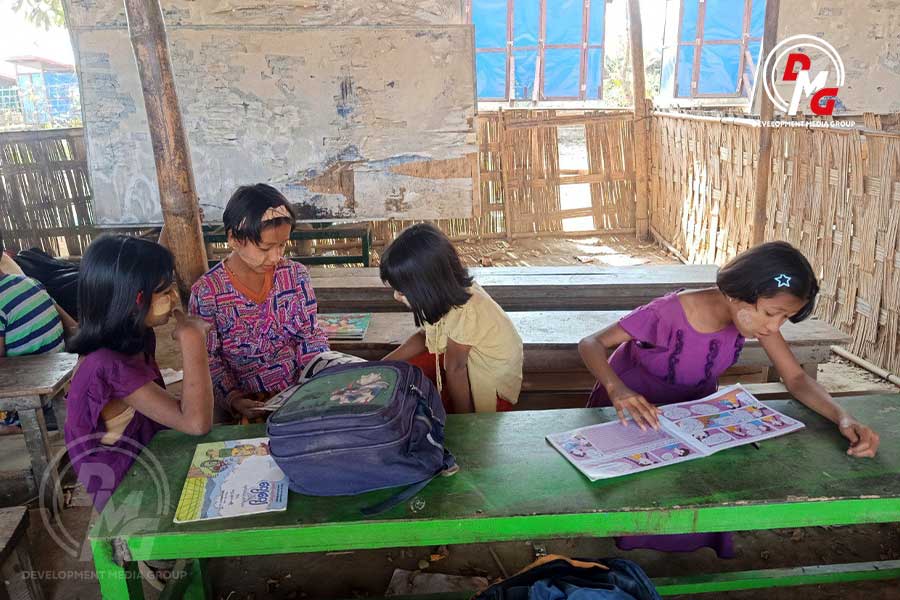
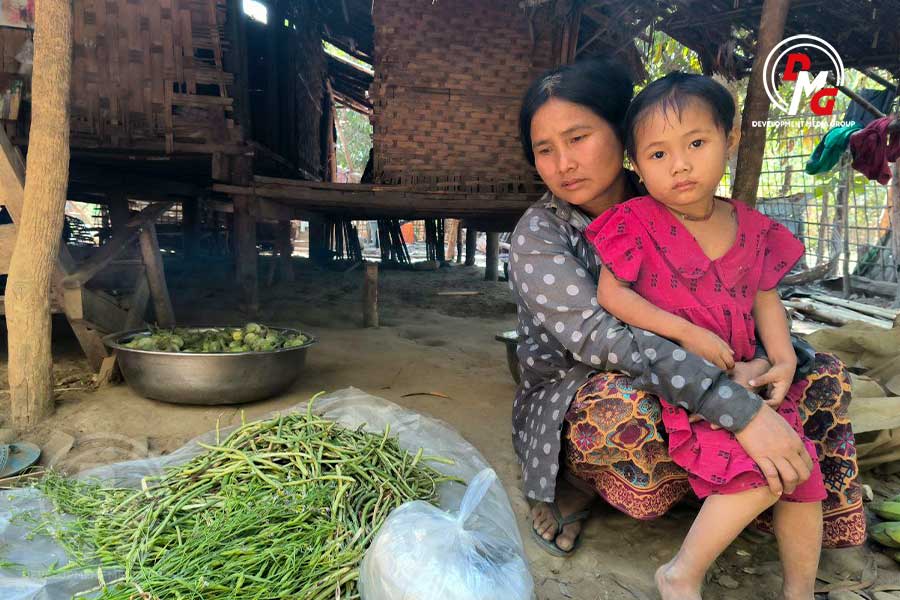

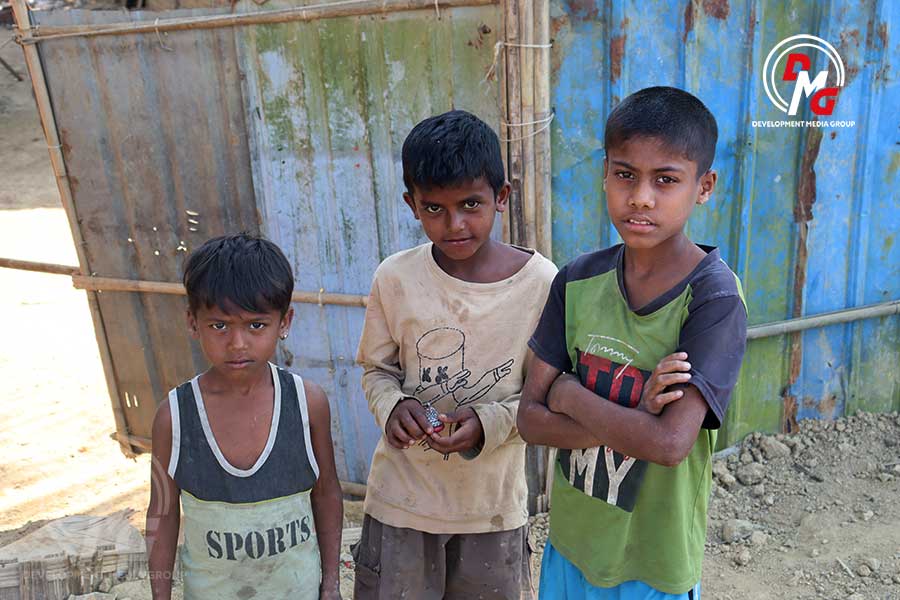
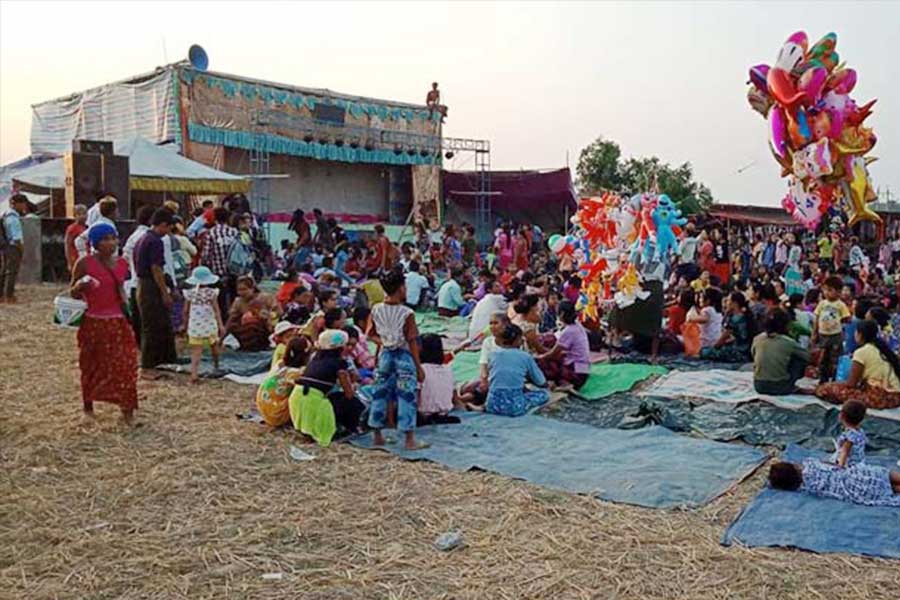








.jpg)